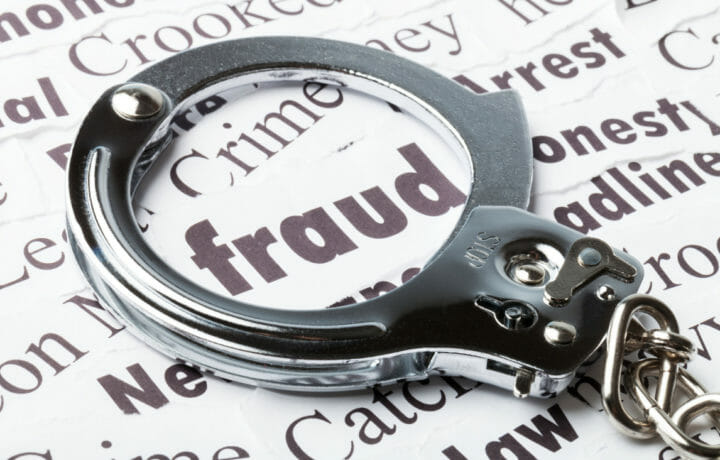Insurance fraud is deceiving an insurance company to collect money that you’re not entitled to. A fraudulent insurance claim can be charged as either a felony or a misdemeanor (illegal in all 50 states) depending on the type or amount of the claim made. Certain types are crimes under federal law, as well.
But what does insurance fraud mean for your security clearance eligibility and your access to cleared careers?
ClearanceJobs maintains ClearanceJobsBlog.com, a forum where clearance seekers can ask the cleared community for advice on their specific security concerns.
Recently, a discussion board poster raised the following question (for a ‘friend,’ of course) on something we don’t talk about very often in regards to security clearances:
“I have a friend that is pending a high security clearance background check, but recently was charged with two counts of felony of insurance fraud and conspiracy to commit a felony. Will she lose her job if she received a deferred sentence? Do you think that they will transfer my friend to a different department, or they will fire her due to her criminal offense? She is currently working in an Air Force base as an engineer.”
FILLING OUT THE SF-86
The SF-86 is the monster form that starts the security clearance process, with background investigation and adjudication to follow.
While insurance companies are not a part of any checks conducted for the investigation process, criminal conduct is. Just be sure to answer only the question that the form is asking – some individuals read into questions or overanalyze. A security clearance applicant is obligated to report any of the following that may have occurred in the seven years prior to the date the applicant signs the form: arrests, felony criminal charges, convictions (domestic violence, alcohol, drugs, firearms, or explosives), sentencing, probation, parole, or summonses.
Background investigation
Marko Hakamaa, 22-year U.S. Army Master Sergeant and former OPM background investigator notes, “A deferred sentence has no bearing on the fact the criminal conduct occurred. If she is currently undergoing the background investigation process, they will not be able to complete it until the court action takes place.”
Even though background investigators are collecting information from many sources relating to different facets of life, and adjudicators are basing decisions on the whole person concept, there is a very low chance that an applicant could mitigate these issues due to the types of charges and how recently they occur.
If her current engineering role with the Air Force requires this level of security clearance (which it most likely does for engineering), she will most likely lose her position or be moved to another job that does not require the clearance.
As a felony, the punishment for insurance fraud could be jail time and/or exorbitant fines. It also can cost you your career.
This article is intended as general information only and should not be construed as legal advice. Consult an attorney regarding your specific situation. Much about the clearance process resembles the Pirate’s Code: “more what you’d call guidelines than actual rules.” This case-by-case system is meant to consider the whole person, increase process security, and allow the lowest-risk/highest-need candidates to complete the process. Ask CJ explores questions posed on the ClearanceJobs Blog forum, emails received, and comments from this site.




